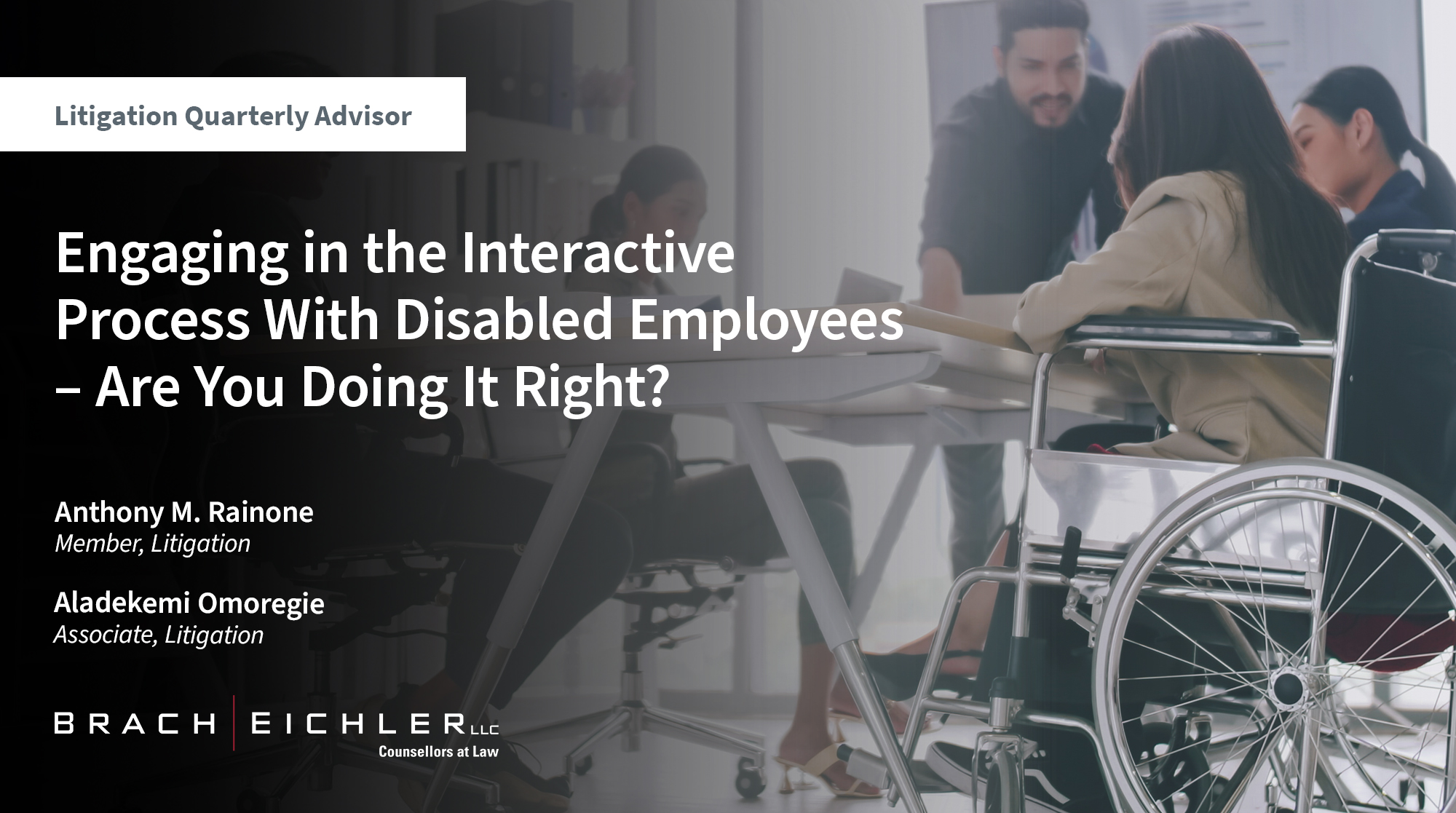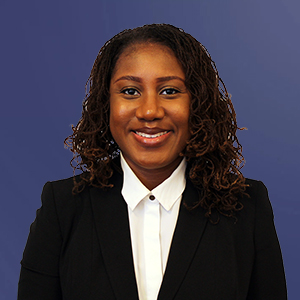Engaging In The Interactive Process With Disabled Employees – Are You Doing It Right?

4/16/2025
Under various local, state and federal laws employers are obligated to provide reasonable accommodations to disabled employees. The employee is not required to specifically state that they are requesting a “reasonable accommodation.” Rather, the employee need only let the employer know (verbally or in writing) that they need an adjustment or change at work for a reason related to a medical condition. The “interactive process” requires the employer and the disabled employee to engage in an open line of communication for the purpose of working together cooperatively to come up with an appropriate accommodation for the employee’s disability.
The purpose of the interactive process is to identify and evaluate the viability of potential workplace accommodations to enable the disabled employee to perform the functions of their job. Although the employer should consider in good faith any accommodations suggested by the employee or their healthcare provider, the interactive process does not require the employer to provide the specific accommodation requested by the employee. At the same time, the employer cannot unilaterally determine the accommodation without first engaging in the interactive process with the employee. The basic purpose of this collaborative dialogue is to allow employers and employees to share crucial information and work toward solutions that:
More Litigation, Labor and Employment…
Related Practices: Litigation, Labor and Employment
Related Attorney: Anthony M. Rainone, Aladekemi Omoregie













